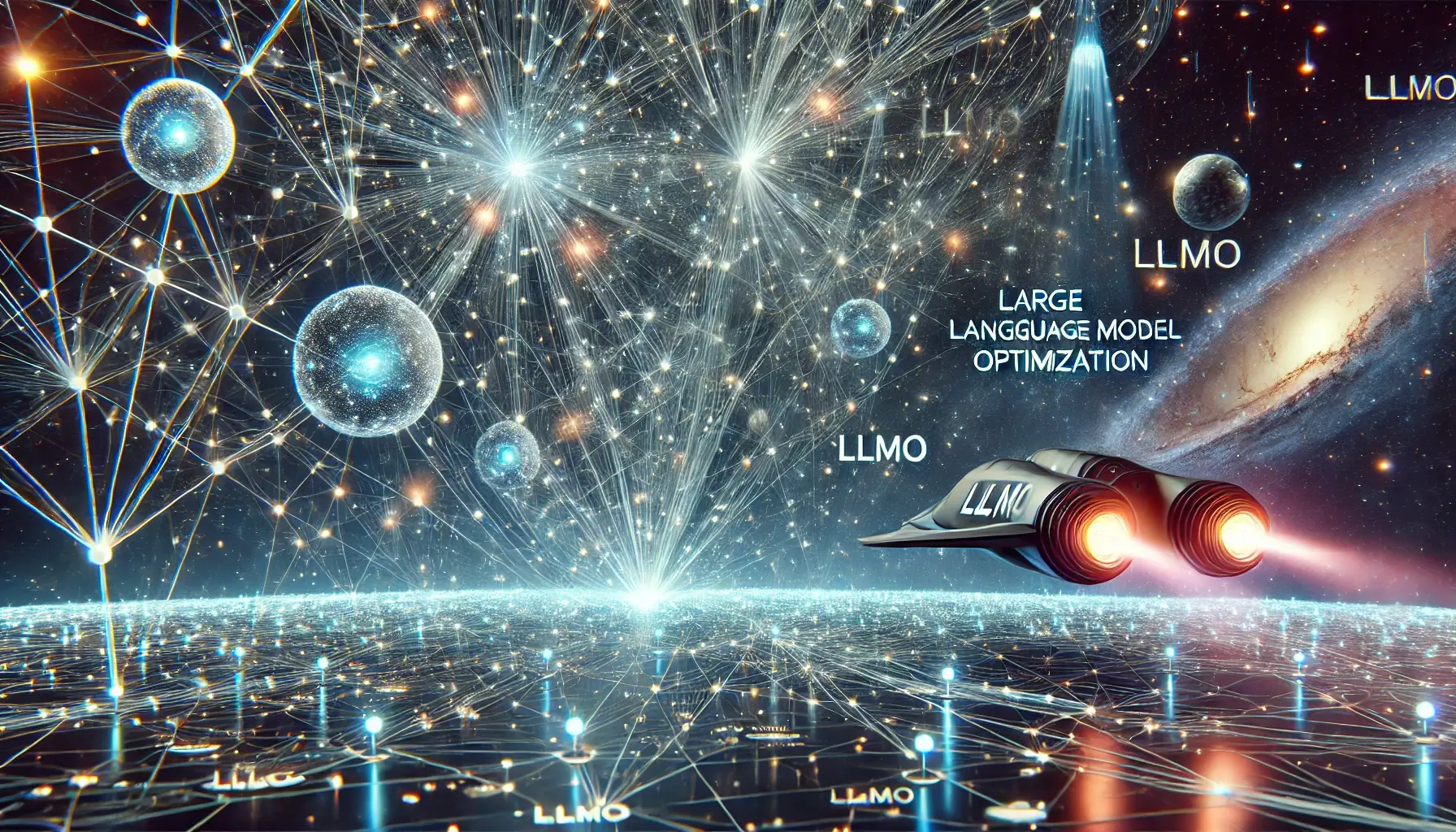Do you want to make your website visible to AI search engines? In the next few lines, you'll learn how to do it best.


A few new terms or buzzwords have emerged in the online marketing world: GEO, LLMO, AIO, AI Search, and AI SEO. All five terms have something in common: AI search engine optimization.
AI search is becoming increasingly customized and personalized.
It’s recommended to put yourself in the shoes of a specific persona and create content with personalized context.

First, you should analyze AI search results. You can try acting as a persona and consider the following points when creating LLMs prompts:
Second, you should understand the context and why you need the different personas. Then you can have appropriate personas created and define their personalities. It is believed that LLMs provide different brand recommendations based on the prompts of different personas.
Third, you should map out a marketing funnel for each potential persona. Then you can research brand keywords and create new content. This approach is a bit different from traditional SEO keyword research.
With the increasing personalization of AI search functions, it becomes crucial to control discoverability in a targeted manner. Each persona should be addressed through a dedicated funnel.
These new terms describe almost identical concerns with slightly different focuses. Large Language Model Optimization (LLMO) is used in ChatGPT, Gemini, Claude, and Perplexity to present the right information and also increase a brand presence in the respective language model.
AI Search, AI SEO and AI Optimization (AIO) have identical tasks of making content visible to AI language models.
Generative Engine Optimization (GEO) refers to optimization for generative search engines (Google AI Overviews, ChatGPT, or Perplexity). The goal is to increase visibility and mentions in AI systems. GEO is seen as an extension of traditional SEO.
AI search optimization (AI SEO), or more accurately “AI-powered search”, is forcing us to rethink our business models, content formats and user expectations. How systems, content, brand images, brand mentions interact and what role a website can still play in the new ecosystem (AI-systems), are crucial here.

There are two main objectives of GEO, AIO and LLMO:
You can pursue two main goals of GEO by examining the development of LLMs answers.
LLM’s answers are generated through a combination of pre-training data (webpages, books, academic papers, forums, social media platforms, etc.) up to the model’s knowledge base and retrieval/grounding data, or Retrieval-Argumented-Generation (RAG), or so-called “AI Search Mode,” where the AI model goes beyond static memory and searches for external information in real time for more accurate and up-to-date answers.
Retrieval or grounding data (current SERP results on Google) are essential for displaying search results in various LLM models (ChatGPT, Copilot, Google AI Overviews, Perplexity, Cloude). The information from pre-training data for language models is often insufficient to provide current and up-to-date answers. Therefore, it is important to achieve good rankings in search engines such as Google. A well-ranking website with business-relevant keywords and a frequently mentioned brand could lead to better visibility in LLM models and AI-generated results.

The claim that good SEO also means good GEO is true. In addition to traditional technical SEO, you should also consider optimizing the brand context and strategic digital PR (online public relations).
GEO is much more complex than SEO, but SEO is an important building block when it comes to optimizing different AI language models and LLMO.
SEO is constantly evolving and gaining an additional dimension (AI-dimension). The goal remains unchanged: white-hat SEO practices, and high-quality content also pays off in generative engine optimization.

Here are some good SEO tips for LLMO, GEO and AIO:

A good LLMO strategy / GEO strategy should be directly linked to leads, sales and marketing shares:
The GEO/LLMO should be measurable and the insights gained from data should be incorporated into optimizations of the developed strategy.

Here you can find more information about technical SEO

Here you can find more information about onpage SEO

Here you can find more information about offpage SEO
Generative Engine Optimization (GEO) combines AI-powered content with data-driven SEO.
The NobbSEO team develops customized strategies that understand search engines and engage target audiences.
With us, you can achieve better rankings, greater visibility, and more conversions.
You are currently viewing a placeholder content from reCAPTCHA. To access the actual content, click the button below. Please note that doing so will share data with third-party providers.
More InformationYou are currently viewing a placeholder content from Turnstile. To access the actual content, click the button below. Please note that doing so will share data with third-party providers.
More Information